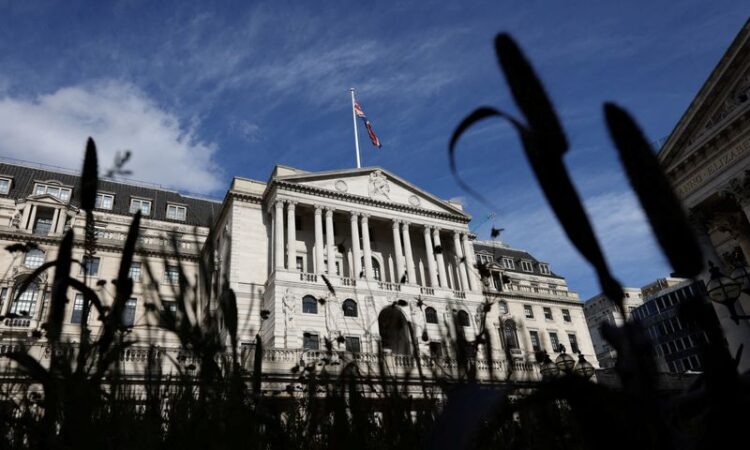
By Huw Jones
LONDON (Reuters) – The collapse of Credit Suisse and Silicon Valley Bank showed that Britain’s banks should keep testing their failure procedures and never assume they are ‘too big to fail’, Bank of England Deputy Governor Dave Ramsden said on Friday.
After taxpayers had to bail out lenders during the global financial crisis of 2007-09, regulators introduced rules designed to “resolve” a failing lender without causing market mayhem.
The aim was to avoid taxpayers’ cash being used in the future and to ensure that banks could no longer be ‘too big to fail’.
Public funds, however, were relied on by Swiss authorities to force a takeover of Credit Suisse by domestic rival UBS, raising doubts about the global resolution framework.
The banking crisis in March also led to the Bank of England and finance ministry engineering a takeover of Silicon Valley Bank’s UK subsidiary by HSBC.
“I think we have a done a lot to overcome the problem of too big to fail, but it’s really important to stress that this isn’t a one-and-done thing,” Ramsden told an event organised by accountancy firm Deloitte.
“You need to keep testing that conclusion.”
The March events showed a need to enhance regulators’ “toolkit” for smaller bank failures, and enhance the readiness to “bail in” banks using their own resources, he said.
The BoE will publish an update next summer on how easy it would be to close down a big UK bank without disruption to customers.
Readiness and flexibility in which options to use in a crisis were key to maximising the chances of a smooth and successful outcome, he said.
He urged banks to use the BoE’s liquidity facilities after SVB’s failure highlighted how social media can accelerate withdrawals of deposits.
(Reporting by Huw Jones; editing by Sarah Young and Christina Fincher)





